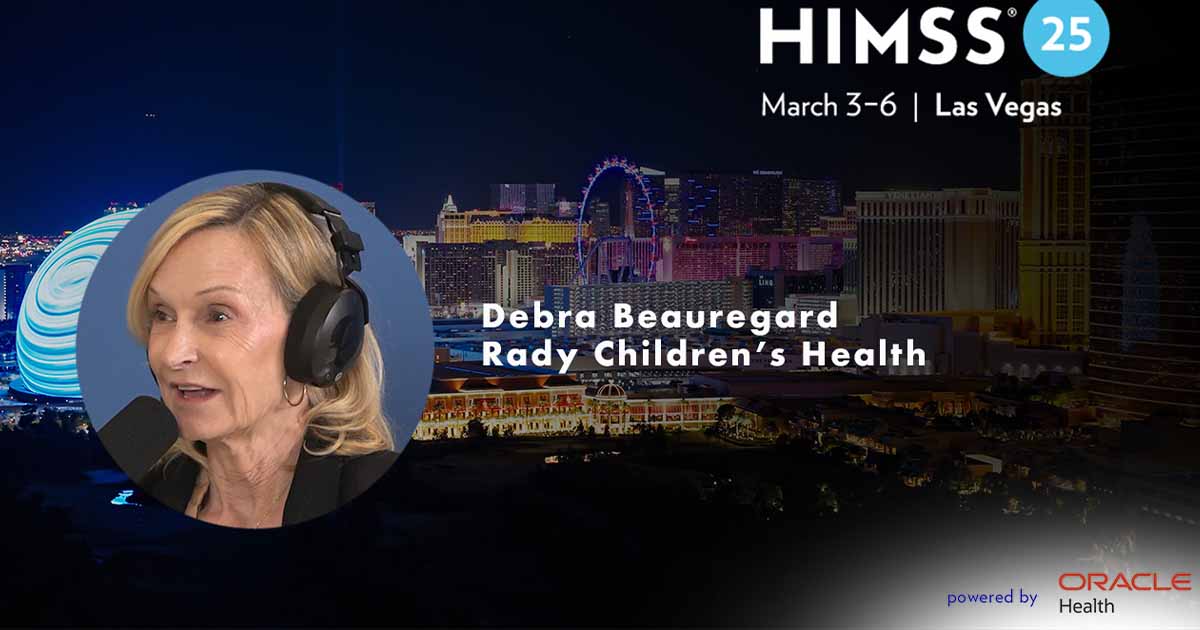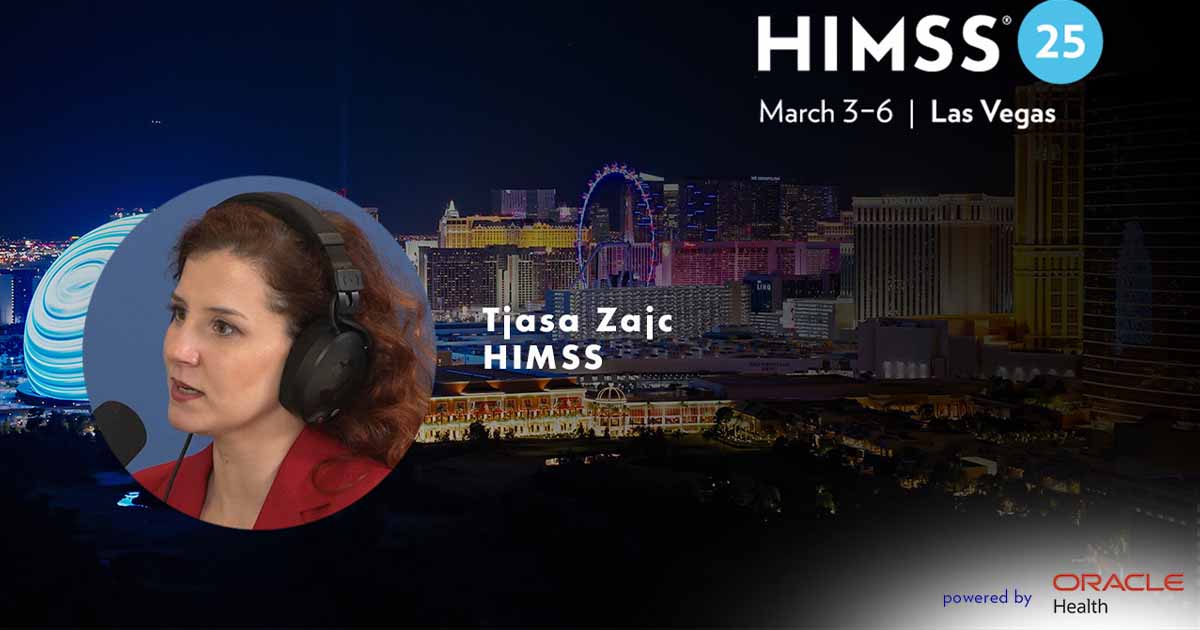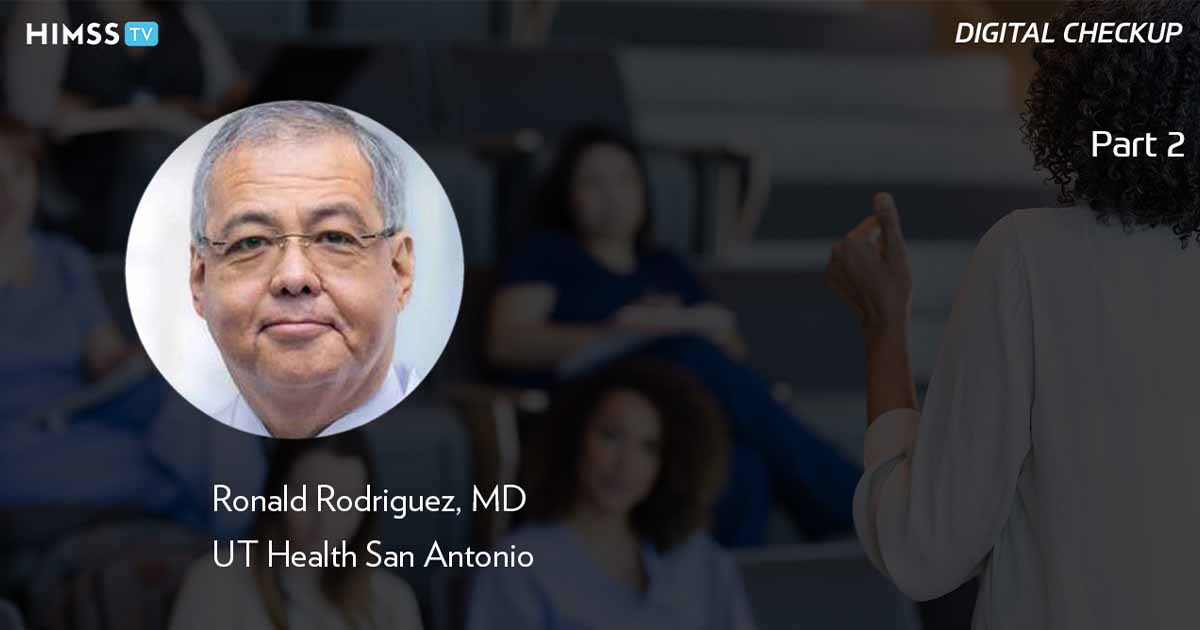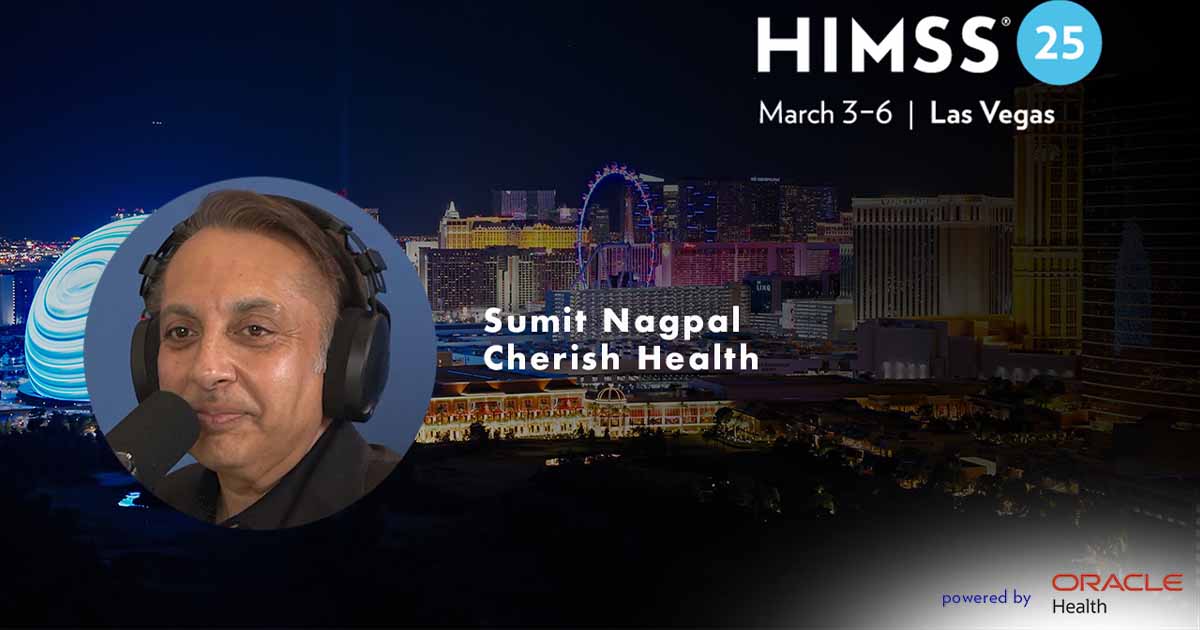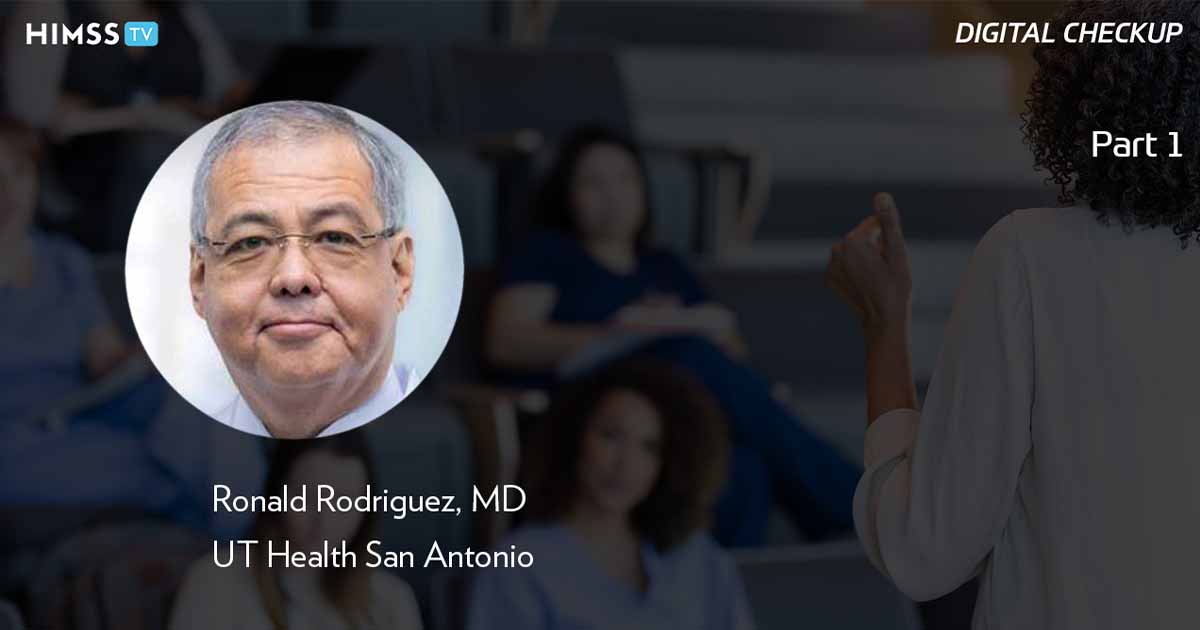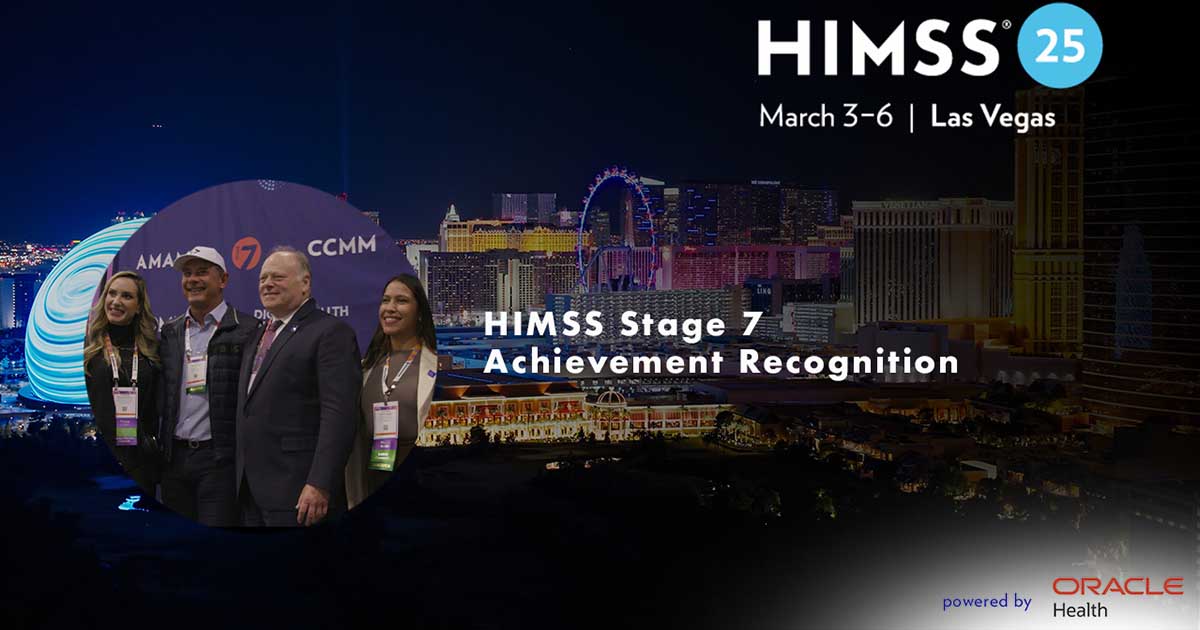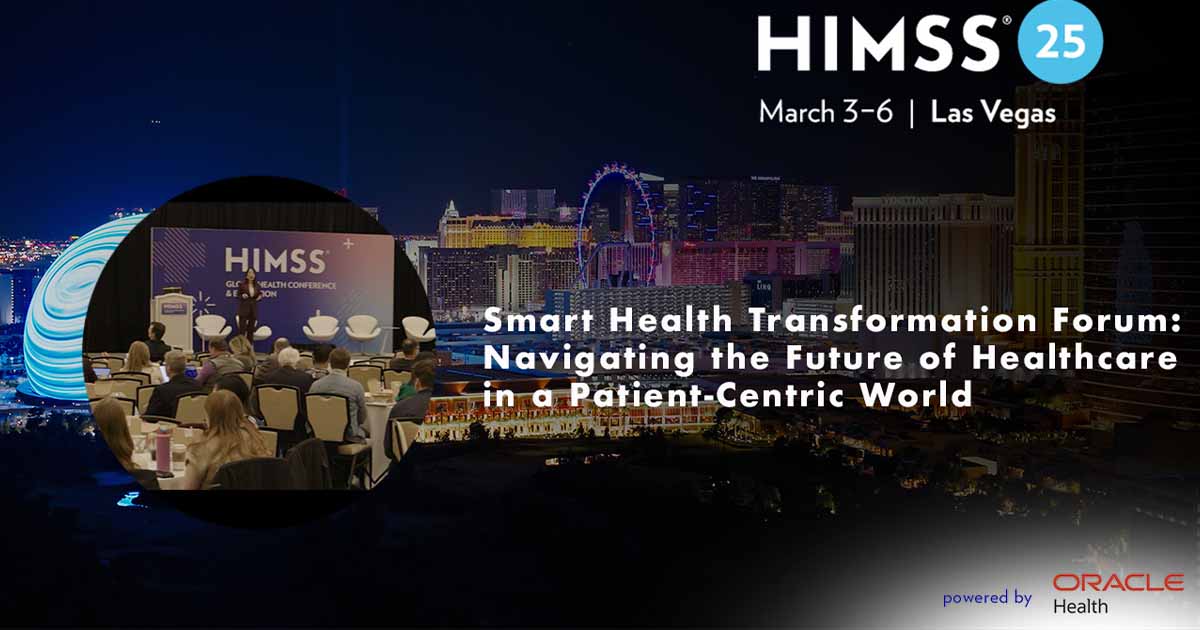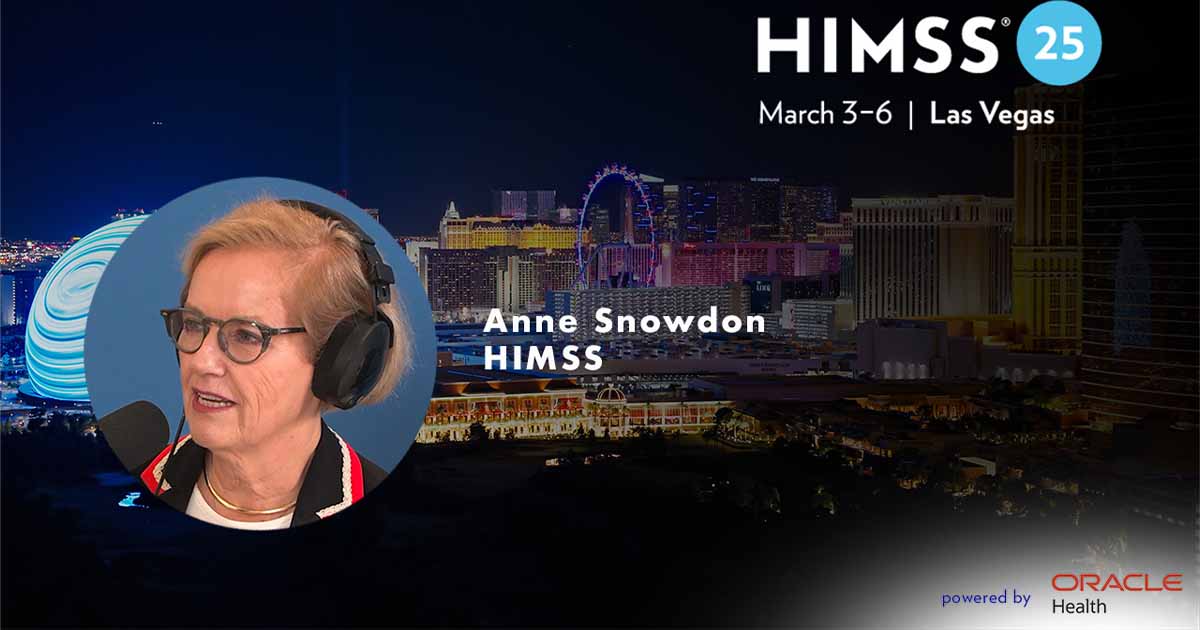Video
With its Nursing Research and Innovation Council fostering the use of digital tools and the hospital training staff in employing artificial intelligence, it is improving tech adoption, says Debra Beauregard of Rady Children's Health.
A digital health literacy maturity model could aid in training and inspiring staff to adopt new tools and cybersecurity practices, says Tjasa Zajc, special advisor for HIMSS and moderator for the HIMSS25 Global Leaders Exchange panel.
Now entering its second academic year, this pioneering dual degree program is designed to equip future physicians with the AI expertise needed to revolutionize patient care.
Cherish Health's tool can help monitor patients who may not want to, or remember how to, enter their own data into a health app, says Sumit Nagpal, the company's CEO.
Dr. Ronald Rodriguez, program director of the nation's first MD/MS in AI dual degree at The University of Texas Health Science Center at San Antonio, is at the forefront of AI's transformation of healthcare. He offers a look at this groundbreaking education.
Dr. Khulood Alsayegh, Dubai Health Authority's head of clinical standards and guidelines and the only healthcare AI ethics lead assessor in the Middle East and Africa, teaches courses to help build a regional community of assessors.
Global awardees reflected on their transformation journeys as HIMSS CEO Hal Wolf emphasized how achieving Stage 6 and 7 validations helps advance healthcare quality and accessibility.
Mariam AlEissa, adjunct assistant professor at Alfaisal University in Saudi Arabia, explains how genomics data can identify causes of, and help develop treatments for, non-communicable diseases.
Attendees and panelists discuss what they've learned from the health systems and innovators piloting and implementing leading-edge healthcare technologies at the recent forum.
Health systems need to engage patients, families and clinicians as partners when leveraging AI and other advanced technologies to achieve the best possible care outcomes, says HIMSS Chief Scientific Research Officer Anne Snowdon.
